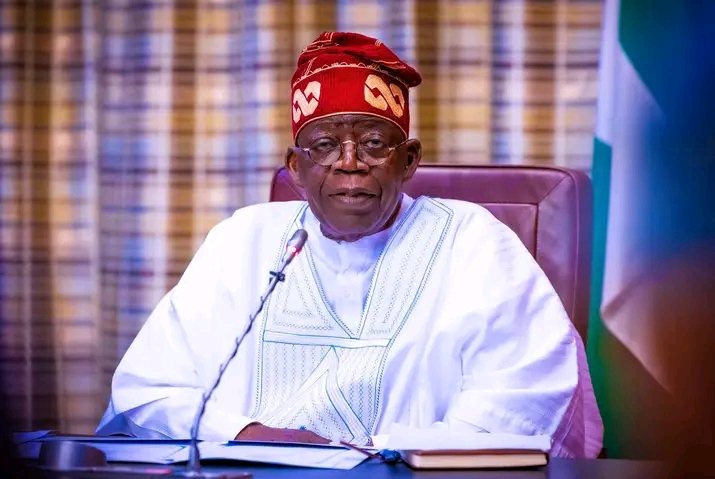
President Bola Tinubu has declared a nationwide security emergency, ordering massive expansion of the military, police, and intelligence services — a dramatic escalation in response to a spate of mass kidnappings and attacks that have shaken the country.
In a nationwide address, Tinubu directed the security agencies to immediately recruit more manpower. The police are to mobilise an additional 20,000 officers, bringing the total new recruits to 50,000, while personnel previously assigned to VIP protection will be withdrawn, retrained, and redeployed to frontline security duties.
The President also authorised the deployment of forest guards by the Department of State Services (DSS) to flush out militants lurking in the country’s forests, declaring there should be “no more hiding places for agents of evil.”
The declaration follows a wave of high-profile kidnappings and attacks targeting schools, churches, and communities across multiple states, including Kebbi, Niger, Kwara, Zamfara, among others. Recent incidents saw hundreds of schoolchildren abducted — including a mass raid on a boarding school in Papiri, Niger State — plus scores of worshippers kidnapped in attacks on churches.
In some cases, security forces reportedly withdrew from vulnerable facilities shortly before attacks, prompting national outrage and accusations of gross negligence.
Tinubu commended security agencies for recent rescue operations that freed some hostages — including schoolgirls from Kebbi and worshippers in Kwara — and vowed an unrelenting fight until all abducted persons are returned.
He also appealed to the National Assembly of Nigeria to begin the process of legalizing state police — a long-discussed but controversial reform — to allow states with persistent insecurity to establish their own security outfits.
However, Tinubu’s decision to negotiate release of hostages with bandits has drawn fierce criticism from some lawmakers, who argue such negotiations may embolden criminals and further undermine the rule of law.